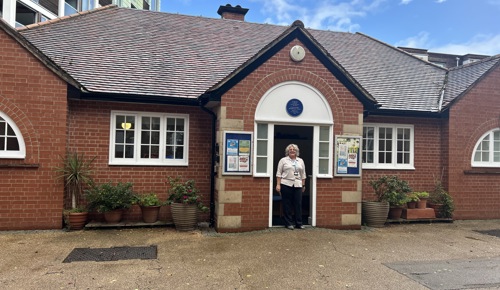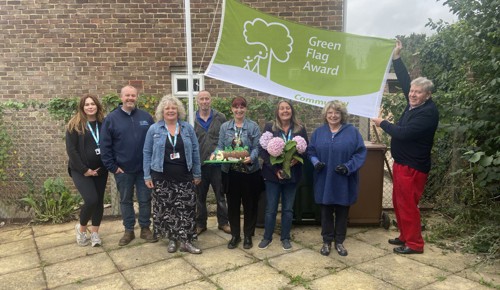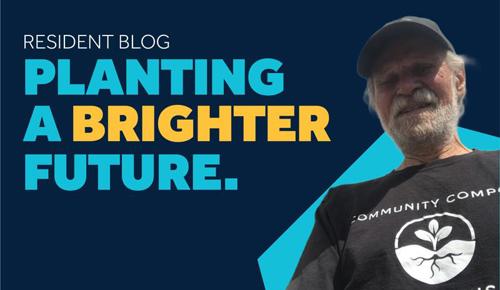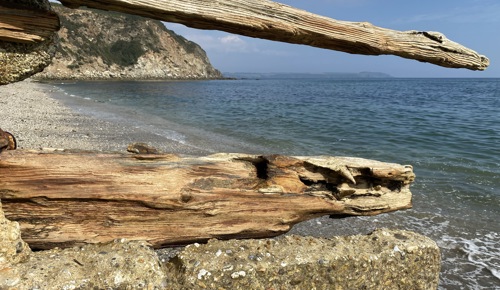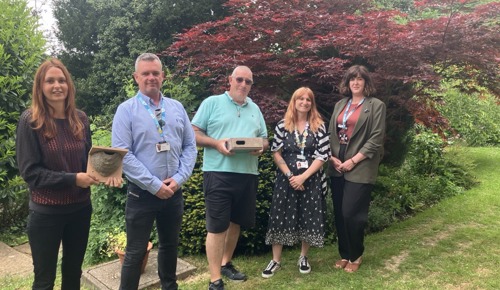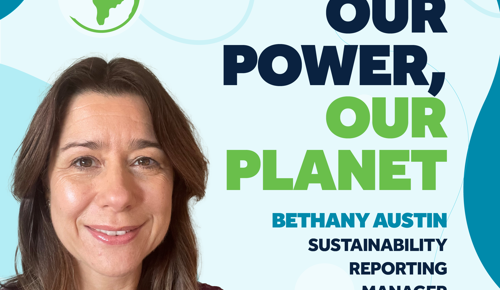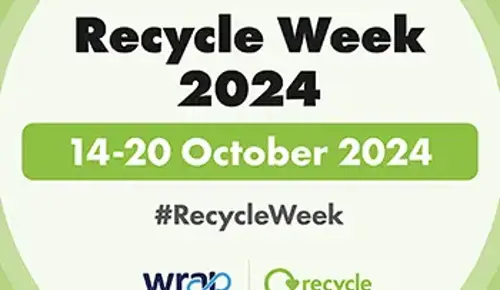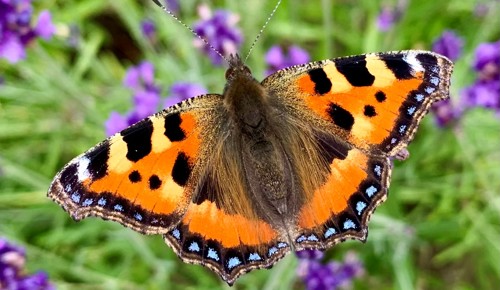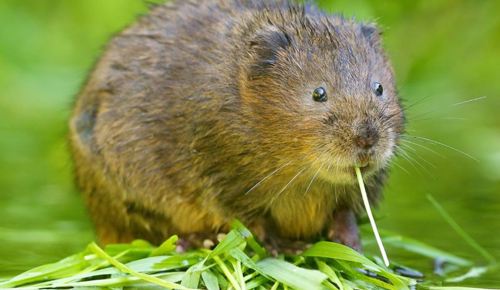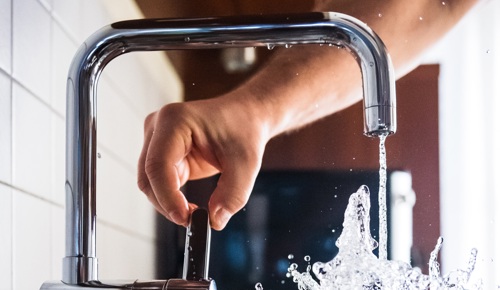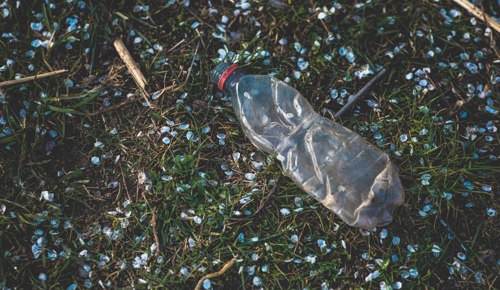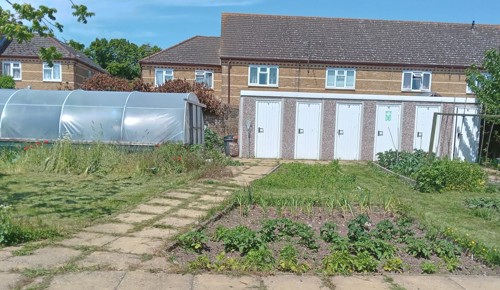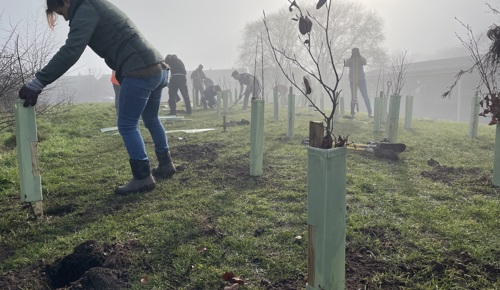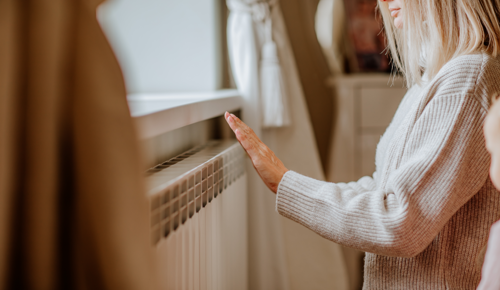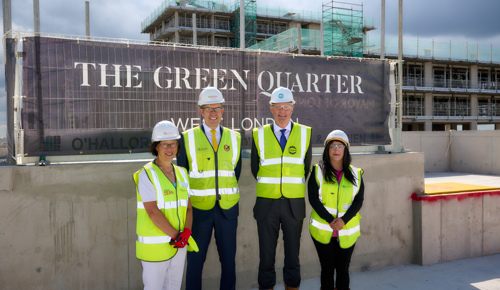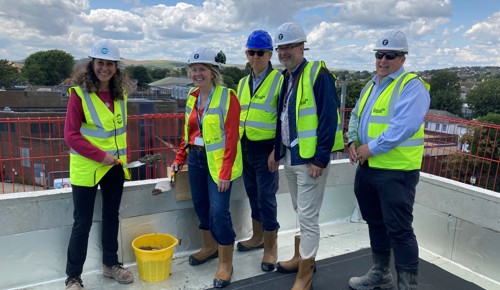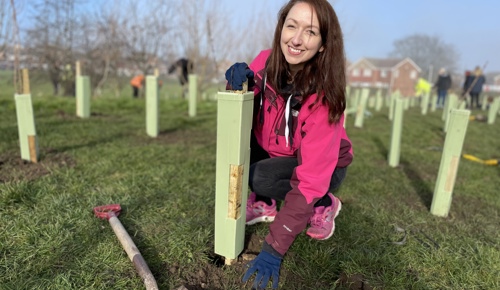
My back garden is my personal green sanctuary. I'm passionate about creating a vibrant ecosystem that thrives without heavy reliance on chemical pesticides.
My aim is to cultivate a beautiful space that not only brings me joy but also actively supports local wildlife, particularly pollinators like bees and butterflies, and natural pest predators.
By focusing on biodiversity and natural pest control, I'm working towards a healthier, more sustainable environment right outside my back door. It's a place for me to connect with nature, experiment with eco-friendly gardening techniques, and enjoy the benefits of a naturally balanced garden.
My Plant choices for natural pest control and pollinator attraction.
Here are some of the specific plants I've chosen for my back garden and why they're so effective in encouraging beneficial insects and reducing the need for chemical interventions:
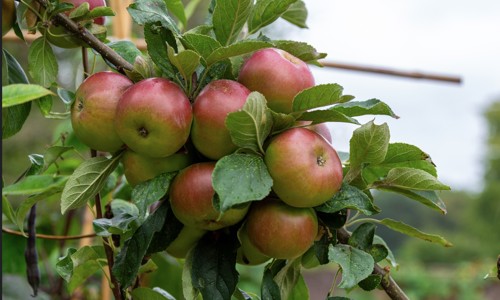
Apple Tree (or Fruit Trees in General)
My apple tree (or any fruit tree you might have, like plum or cherry) is a fantastic asset to the garden. In spring, its abundant blossoms are a magnet for bees and hoverflies. Hoverflies are particularly valuable because their larvae are predators of aphids, helping to keep common garden pests in check naturally. Beyond pest control, the tree provides a beautiful focal point, shade, and delicious seasonal fruit for my family.
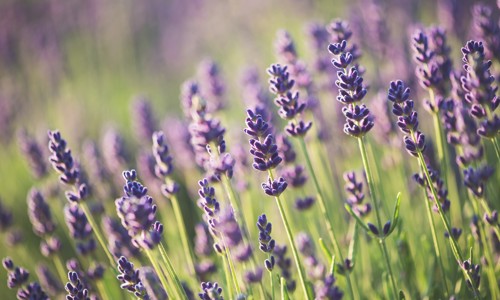
Lavender
Lavender is an absolute superstar for attracting pollinators to my garden. Its strong, beautiful scent makes it a magnet for bees and other vital pollinators like butterflies. Simultaneously, this scent acts as a natural repellent for certain common garden pests like fleas and mosquitoes, reducing the need for sprays. Its presence helps support a diverse and healthy insect population, including beneficial insects like ladybirds, which are key in controlling aphids.
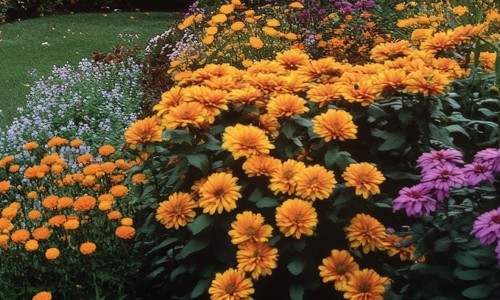
Marigolds
I strategically plant marigolds in my flowerbeds and around my vegetable patches. They're well-known for their ability to deter nuisance pests like aphids and whiteflies from my more vulnerable plants. Crucially, they also actively attract beneficial insects such as lacewings and ladybirds. These natural predators are my allies in keeping pest populations under control without resorting to chemical solutions.
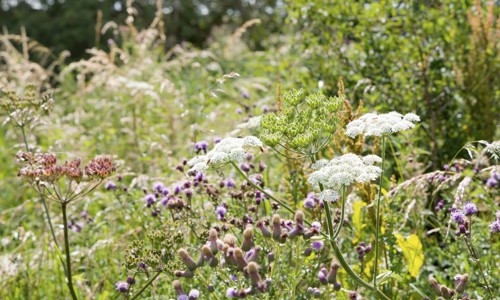
Wildflowers
I've dedicated a patch of my garden to wildflowers; I have planted wildflower seeds to attract bees and other beneficial things such as ladybirds. This is a highly effective way to attract a broad range of beneficial insects. Bees are drawn to the blue, violet, and purple hues common in wildflowers. These areas create the perfect habitat and food source for ladybirds to feed and find prey, making them an essential part of my natural pest control strategy. I've also noticed a significant increase in butterflies visiting my garden since introducing wildflowers, further boosting its ecological balance and beauty.
Don’t have a garden? Planting wildflowers and other plants in pots to increase biodiversity and natural pesticides on your balcony works just as well.





